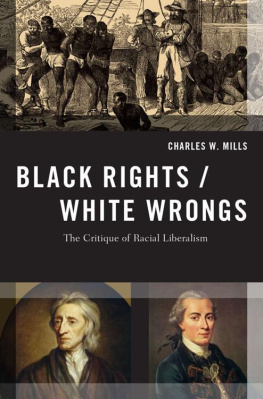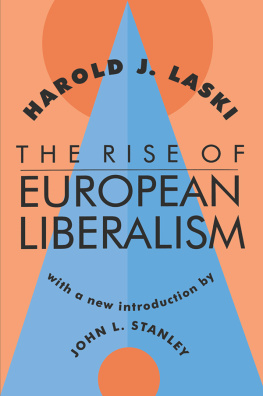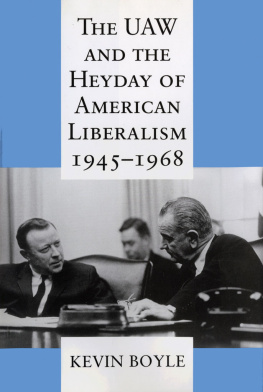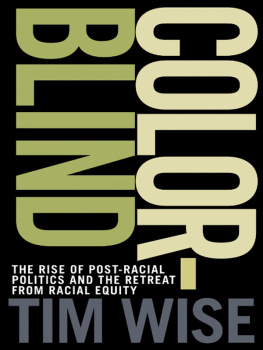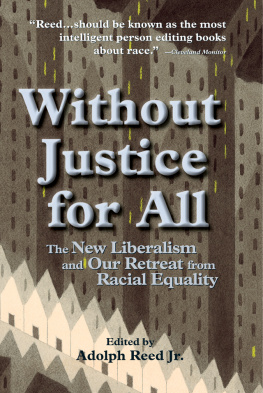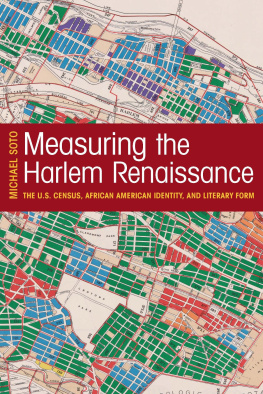
Toward the middle of the twentieth century, African Americans in New York City began to receive increased access to mental health care in some facilities within the city's mental health system. This study documents how and why this important change in public health and in public opinion on race occurred. Drawing on records from New York's children's courts, Harlem's public schools, Columbia University, and the Department of Hospitals, Dennis Doyle tells here the story of the American psychiatrists and civil servants who helped codify in New York's mental health policies the view that blacks and whites are psychological equals. The book examines in particular the events through which these racial liberals working in Harlem gained a foothold within New York's public institutions, creating inclusive public policies and ostensibly race-neutral standards of care. Psychiatry and Racial Liberalism in Harlem, 1936-1968 not only contributes to the growing body of historiography on race and medical institutions in the civil rights era but, more importantly, shows how inveterate racial prejudices within public policy can be overcome.
In Psychiatry and Racial Liberalism in Harlem, 19361968, Dennis Doyle uses a broad range of sources with great skill in order to tell a fascinating story. This exploration of how a group of liberal American psychiatrists in New York City and their allies talked about and responded to African Americans mental health needs over the course of four key decades makes an important contribution to the rapidly growing literature on race and psychiatry in the United States. Ellen Dwyer, Indiana University
Dennis A. Doyle is assistant professor of history at the Saint Louis College of Pharmacy.
Rochester Studies in Medical History
Senior Editor: Theodore M. Brown
Professor of History and Preventive Medicine
University of Rochester
Additional Titles of Interest
Plague and Public Health in Early Modern Seville
Kristy Wilson Bowers
Medicine and the Workhouse
Edited by Jonathan Reinarz and Leonard Schwarz
Stress, Shock, and Adaptation in the Twentieth Century
Edited by David Cantor and Edmund Ramsden
Female Circumcision and Clitoridectomy in the United States:
A History of a Medical Treatment
Sarah B. Rodriguez
The Spanish Influenza Pandemic of 19181919:
Perspectives from the Iberian Peninsula and the Americas
Edited by Mara-Isabel Porras-Gallo and Ryan A. Davis
Infections, Chronic Disease, and the Epidemiological Transition: A New Perspective
Alexander Mercer
Save the Babies: American Public Health Reform
and the Prevention of Infant Mortality, 18501929
Richard A. Meckel
Intrusive Interventions: Public Health, Domestic Space,
and Infectious Disease Surveillance in England, 18401914
Graham Mooney
The Antivaccine Heresy: Jacobson v. Massachusetts and
the Troubled History of Compulsory Vaccination in the United States
Karen L. Walloch
Healthy Boundaries: Property, Law, and
Public Health in England and Wales, 18151872
James G. Hanley
A complete list of titles in the Rochester Studies in Medical History series
may be found on our website, www.urpress.com .

Contents
Acknowledgments
I have tried to acknowledge all the individuals and institutions that made this book possible. I hope I have not missed anyone.
First and foremost, I owe my deepest debt of gratitude to Nancy Tomes at Stony Brook University. She has supported this project, my career, and my family in countless ways. More than anyone else, she modeled how to think, research, and write like a historian of medicine. Her patience, sage advice, loyalty, and encouragement have always been invaluable resources to me.
This book also bears the imprint of so many other scholars. For starters, I need to thank the scholars and teachers who first taught me how to research and write history. During my undergraduate years at Eastern Connecticut State University, Evelyn Higginbotham, Barbara Tucker, David Frye, and Emil Pocock convinced me that I could become a historian. Pocock especially spent long hours reading as my honors thesis adviser, leading me through the research process and fine-tuning my writing. Without those mentors I would not have been ready to tackle graduate school.
The historians Ellen Dwyer, Andrea Friedman, Matthew Gambino, Ellen Herman, Kathleen Jones, Kraig Larkin, Mical Raz, Glenn Reynolds, Christopher Sellers, Martin Summers, Jason Morgan Ward, and the readers of the Yale University Working Group on the History of Psychiatry all read or commented on drafts that became book chapters. Their insights were much appreciated. At various conferences, a host of scholars and intellectualsincluding but not limited to David Rosner, James Gilbert, Kirby Randolph, and Anne C. Rosepushed me to clarify my thinking. Most important, the University of Rochester Presss two anonymous readers knew exactly what this project needed. Their recommendations enabled me to make some serious, much-needed revisions that improved the book.
Many thanks also go out to the archivists and libraries that granted me access to their collections. I am indebted to the Special Collections of the Milbank Memorial Library, Teachers College, Columbia University, the Rare Books and Manuscripts Library of Columbia University, the Beinecke Rare Books and Manuscripts Library of Yale University, the Schlesinger Library of the Radcliffe Institute for Advanced Study, the United States Library of Congresss Manuscript Division, and the Moving Images and Recorded Sound and Rare Book and Manuscript Divisions of the Schomburg Center for Research in Black Culture. I owe special thanks to the archivist Stephen Novak at the Archives and Special Collections of Columbia University Medical Centers Augustus C. Long Health Sciences Library. My initial consult with Stephen shaped this project perhaps more than anything else. Not only did he suggest collections that proved absolutely invaluable, but he also actively supported this project even as it grew in unintended directions. A special word of thanks to Brooklyn College Librarys administrative staff and student workers. As I researched their Special Collections, they created the friendliest, most relaxed work atmosphere I have ever encountered on an archival trip. That alone was worth the daily subway ride to Midwood.
I was fortunate to have my employers support as I worked to complete this manuscript for publication. Thanks go to Alan Marcus, head of Mississippi States Department of History. Not only did he give me my first full-time academic job, but he also encouraged me to publish even though my appointment was not tenure track. My current employer, the St. Louis College of Pharmacy (STL-COP), has done so much to bring this book to fruition. I must thank STL-COPs Research and Scholarly Activities Committee for providing me with three Faculty Research Incentive Grants that funded travel to archives in 2012, 2013, and 2014. My thanks also go out to Susan Mueller and the other participants in the Norton Summer Writers Workshop for their good cheer as I worked on book chapters. So many colleagues and students have expressed interest in the project and encouraged me in a variety of waysincluding Patrick Fontane, Brenda Walter, Eric Robinson, Elizabeth Rattine-Flaherty, Elizabeth Lemma, and Amy Suh. Most of all, I have benefited from the unwavering support of my Liberal Arts Department chair and fellow Stony Brook alum, Bob Zebroski. His mentorship, friendship, understanding, and cheerleading helped make this book a reality.






